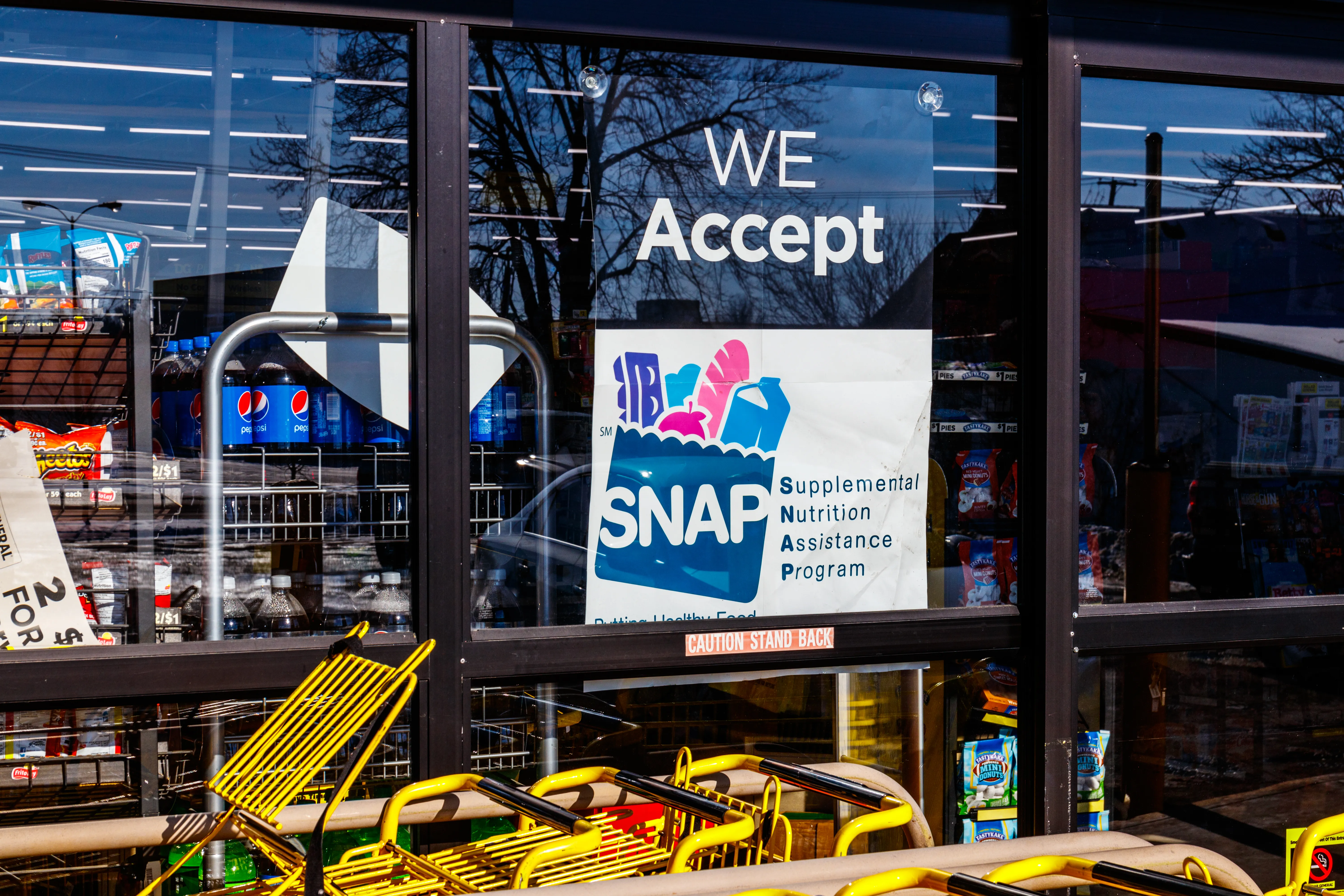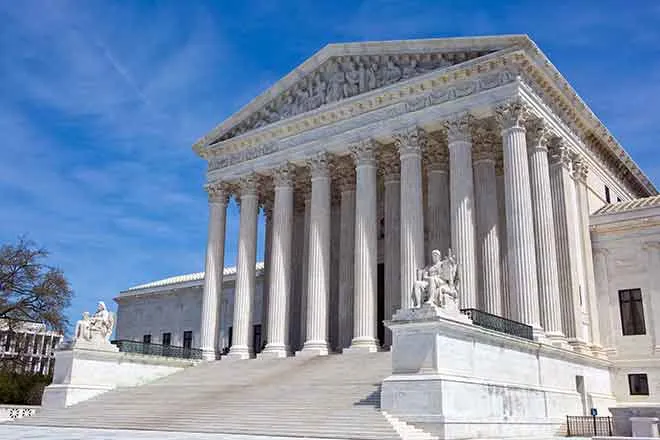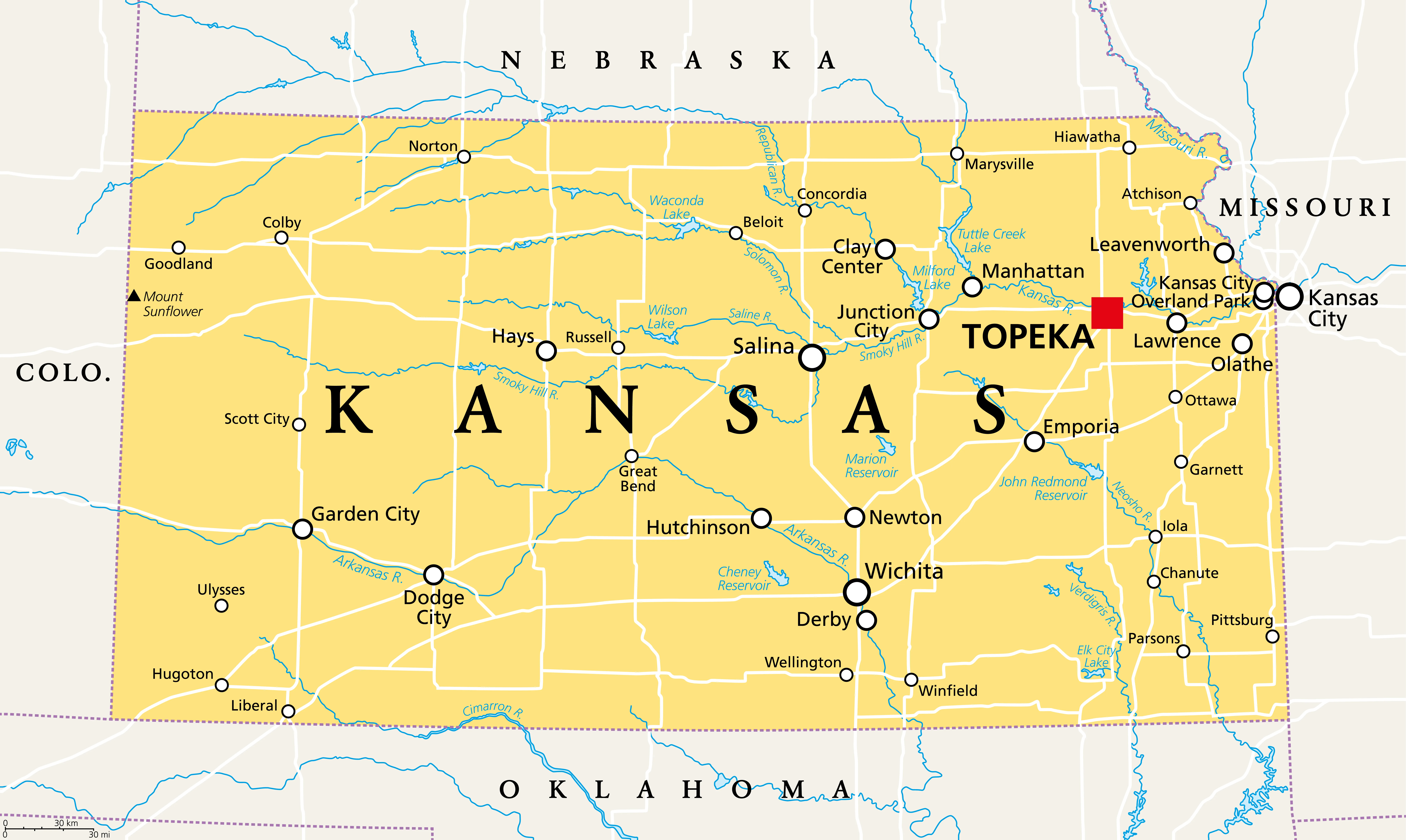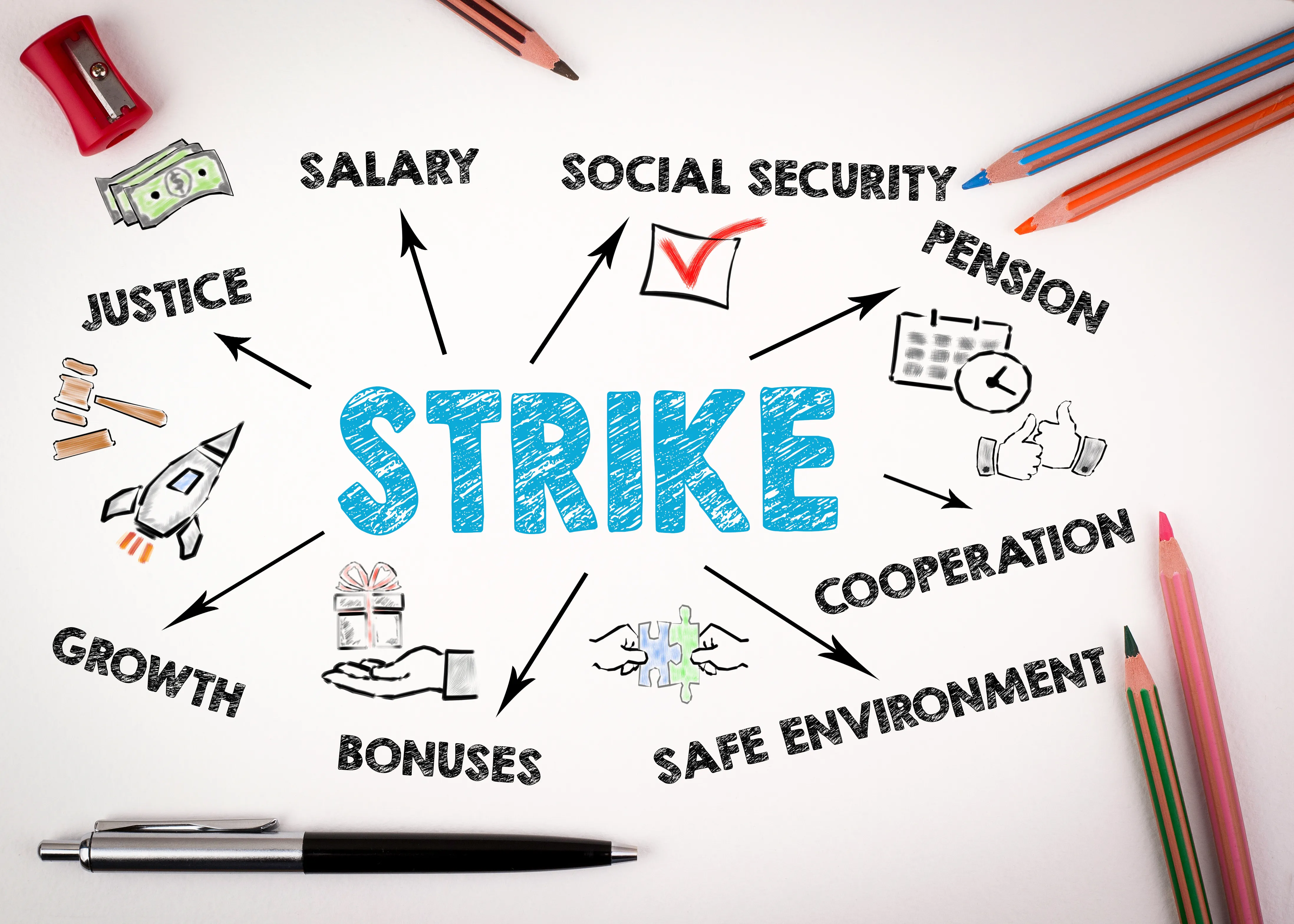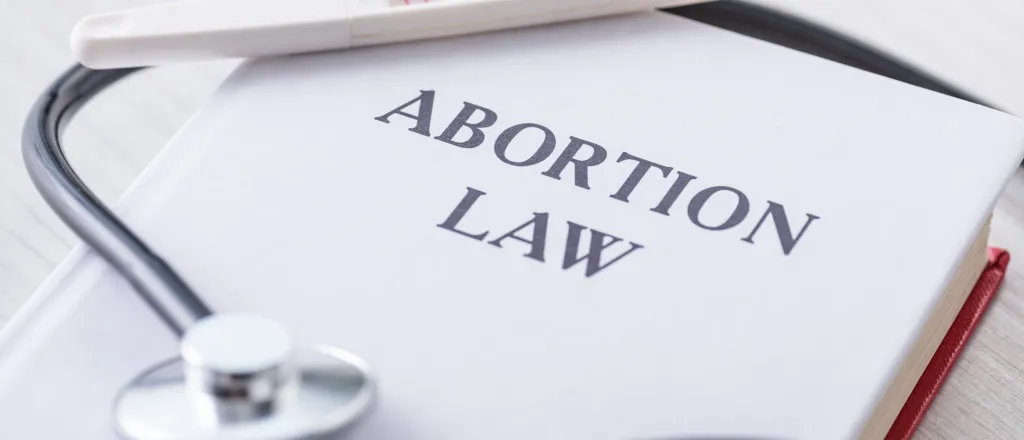
How 'shield laws' apply to telehealth abortion providers
Click play to listen to an abbreviated version of this article.
The AP reported January 31 that a grand jury had indicted a doctor in New York on felony charges of criminal abortion for prescribing an abortion medication online for a patient in Louisiana.
The indictment was issued by a grand jury of the Louisiana 18th Judicial District Court for the Parish of West Baton Rouge against Dr. Margaret Carpenter, her New Paltz-based company Nightingale Medical, and the mother of the teen patient, who obtained and administered the medication. Arrest warrants were issued January 31 for Carpenter and the mother; the mother turned herself in to the police that day.
Louisiana law outlaws abortion completely, with exceptions for the life and health of the pregnant patient.
While 18th Judicial District Attorney Tony Clayton told the AP, "We expect Dr. Carpenter to come to Louisiana and answer to these charges, and if 12 people (a jury) think she's innocent then, let it go," New York's so-called shield law protects Carpenter from extradition, said Rachel Rebouche, the dean of Temple University Law School.
What are shield laws?
Eighteen states, including New York, have laws that protect medical providers from investigation, subpoenas, warrants, and demands for extradition from another state. New York's law says that the governor will not recognize such demands from another state as long as the provider was not physically located in that state when the procedure was carried out.
The law in eight of the 18 states - California, Colorado, Maine, Massachusetts, New York, Rhode Island, Vermont, and Washington - specifically protects reproductive health care, regardless of the patient's location.
What happens when a state's shield law is challenged?
Rebouche, who has worked closely with legislators and shield law advocates, said, "I think the long game is to stop mailed medication abortion, which is approved by the FDA as well."
"I think the consequences are, for the providers, I think there is a chilling effect," Rebouche continued. "No one wants to be indicted for a crime. No one wants to be sued for $100,000 and for Dr Carpenter, she can't go to Texas or Louisiana, she can't go to a state that might extradite her to one of those states."
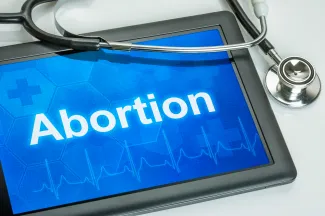
Rebouche explained that in such cases of interstate conflict, each side has the right to pass its own laws. "Typically, states do cooperate," she said. "That's the baseline. But states have rights to also defend people in their jurisdictions."
"Maggie Carpenter is not breaking the law," Rebouche said. "She is complying entirely with New York law. Now, Texas and New York can disagree about what that means, but she, as a doctor, is not breaking the law. ... Almost half the country has got this through its legislature to protect people who are providing reproductive health care."
February 3, New York Democratic Governor Kathy Hochul signed a law that gives doctors who prescribe abortion medication the right to ask that pharmacies only print the name of their medical practice on the prescription label and not the doctor's name.
"The intent of shield laws is to try to deflect attacks from out of state for providers in state through different levels, criminal, civil, professional discipline, insurance hikes," Rebouche said.
Officials in Louisiana continue to insist that they will prosecute Carpenter. "It is illegal to send abortion pills into this State and it's illegal to coerce another into having an abortion. I have said it before and I will say it again: We will hold individuals accountable for breaking the law," Louisiana Attorney General Liz Murrill said on the social media platform X.
Rebouche noted: "Louisiana can and has arrested her for what it claims is a violation of its abortion ban. It has to prove that in a criminal court. ... If Louisiana has prosecutors who are going to go after anybody who's helped somebody, that could have a significant chilling effect."
Rebekah Sager wrote this article for the Michigan Independent.


